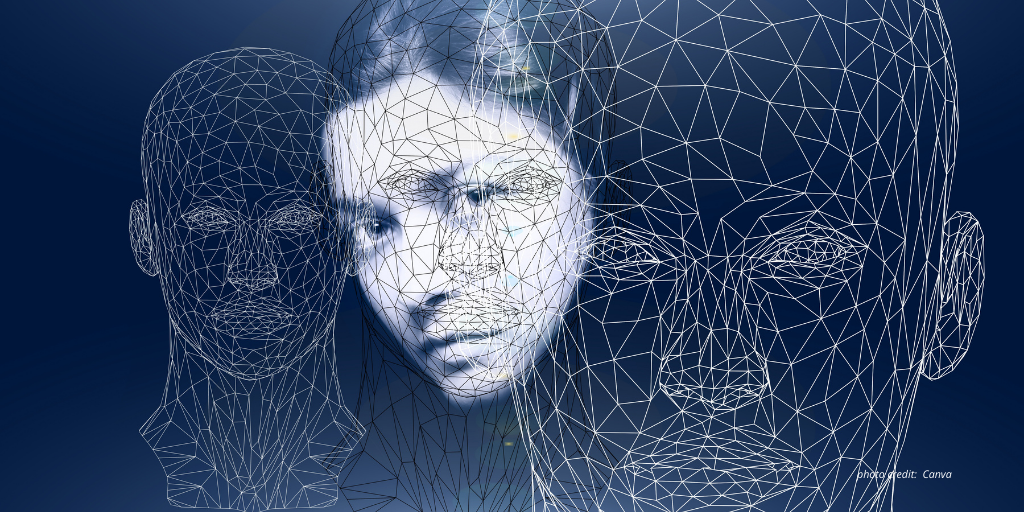In an ideal human experience, we’re supposed to work on ourselves, evolve through time and grow through our challenging personality traits with compassion.
Through doing self-work for nearly three decades, I’ve learned that it’s a messy business. It’s neither simple nor compassionate. Early on, I was so keen to learn about my own evolution that I ate up as many courses, training, books and teachers as I could get my hands on. I was keen to learn, and I knew I was the student. But then, my ego wanted a say: I wanted to be seen as being well educated on the self evolution path, and I started sharing my ‘wisdoms’ with others. I’d make bold suggestions about how to ease suffering with statements like “you just have to do what’s best for you” or “that person isn’t evolving with you, so they shouldn’t be with you.”
In spiritual work, self work and growth work, the specific language that’s often used to educate others OR to make ourselves seem more awakened and enlightened (insert eye roll). We’ve become so cliché in our hyperbolic use of language that it becomes a system of overpowering others instead of listening to others.
We say things like:
· “Your apology is fake and invalid”
· “You’re not coming from an enlightened place”
· “I’m sorry you feel that way”
· “Stop lying to yourself”
· “You have a low level of consciousness”
· “I forgive you (without being asked for forgiveness)”
· “The planets say that….”
· “I can’t make you feel anyway, you make yourself feel that way”
· “What are you saying to the universe?”
· “That’s toxic”
· “You’re not meeting me where I’m at..”
We tend to overuse statements like the ones above. Although I’m taking the piss by writing them down, when we use this kind of language blindly or without full understanding we can do harm to others. We can also dismantle trust in our relationships.
I propose that one of the worst things we can say is “I have to do what’s best for me” It’s not that I don’t think we have to care for ourselves. (In fact, one of my biggest areas of personal growth has been to put more energy into caring for myself instead of being a people pleaser.) However, I see people using this sentiment as an excuse to avoid having difficult conversations and following through on commitments. I also see them using it when things make them feel uncomfortable and when they need to disassociate from difficult situations.
I’m a parent, I take care of another person no matter what’s happening in my life. I can’t wake up one day and say, ”Sorry, feed yourself, find your own way home, and get yourself to bed, because I’m needing to take care of myself”. I have to find ways to care for myself while still showing up for the other humans and the things in my life that I’m committed to. Same goes for my business: I can’t just shut doors for a day because I don’t feel like dealing or because things in my world are challenging. I still have to find ways to show up as there are many people depending on me.
Recently, I was at a party and overheard two people talking. One was speaking about their spiritual journey and how they’re working with plant medicine and a shaman, but it was in a hierarchical way. It was expressed as a power: this is what I’m doing to better myself, and you don’t match my level of growth. The other person sounded intrigued and wanted to be included although they were being told they couldn’t be. When we choose a path of self-exploration it requires courage to show up and do deep work. We have to watch for the parts of ourselves (ego) that want people to know that we’re more evolved, more curious, and more ‘on the path’ than those around us.
I’ve made all the blunders; I’ve been certain that my self-work lifted me above others, and this likely caused frustration and pain to those around me.
My point of today’s article is to point out that we can do deep work, we can learn a lot and we’ll evolve and grow. This work might make us more compassionate and possibly less omnipotent. Perhaps we’ll be able to listen more, judge less and be patient with others – in the same way others have been patient with us.
xo, Noelle

